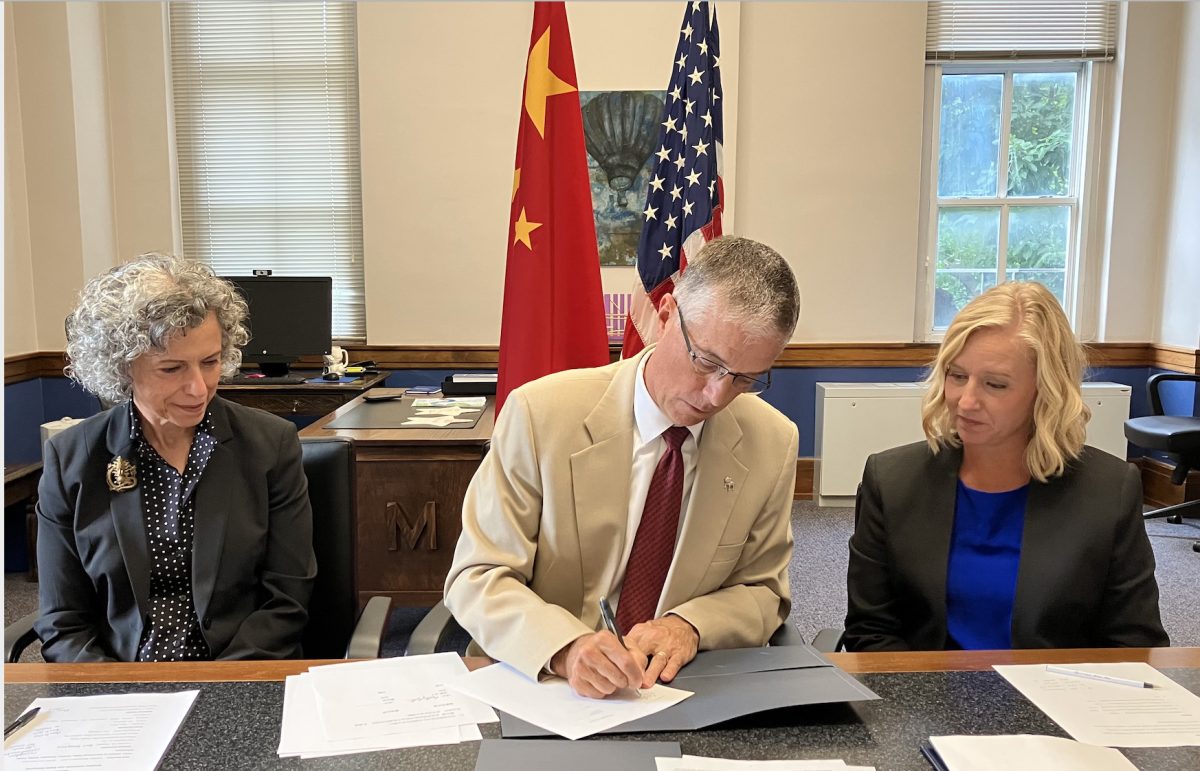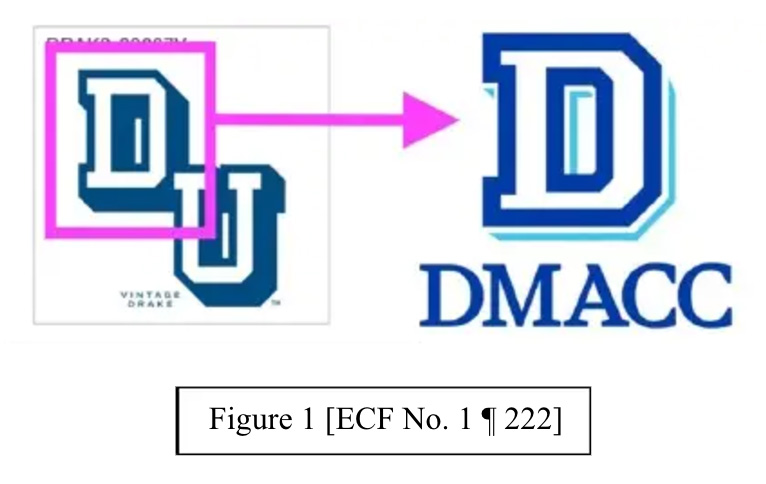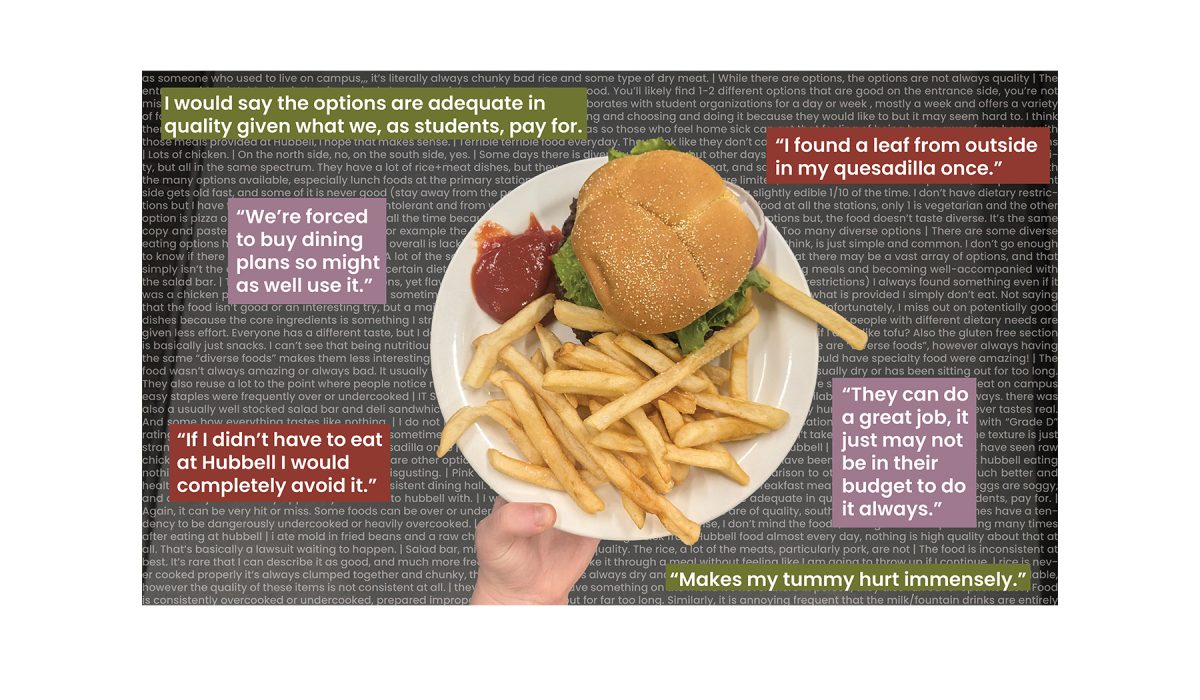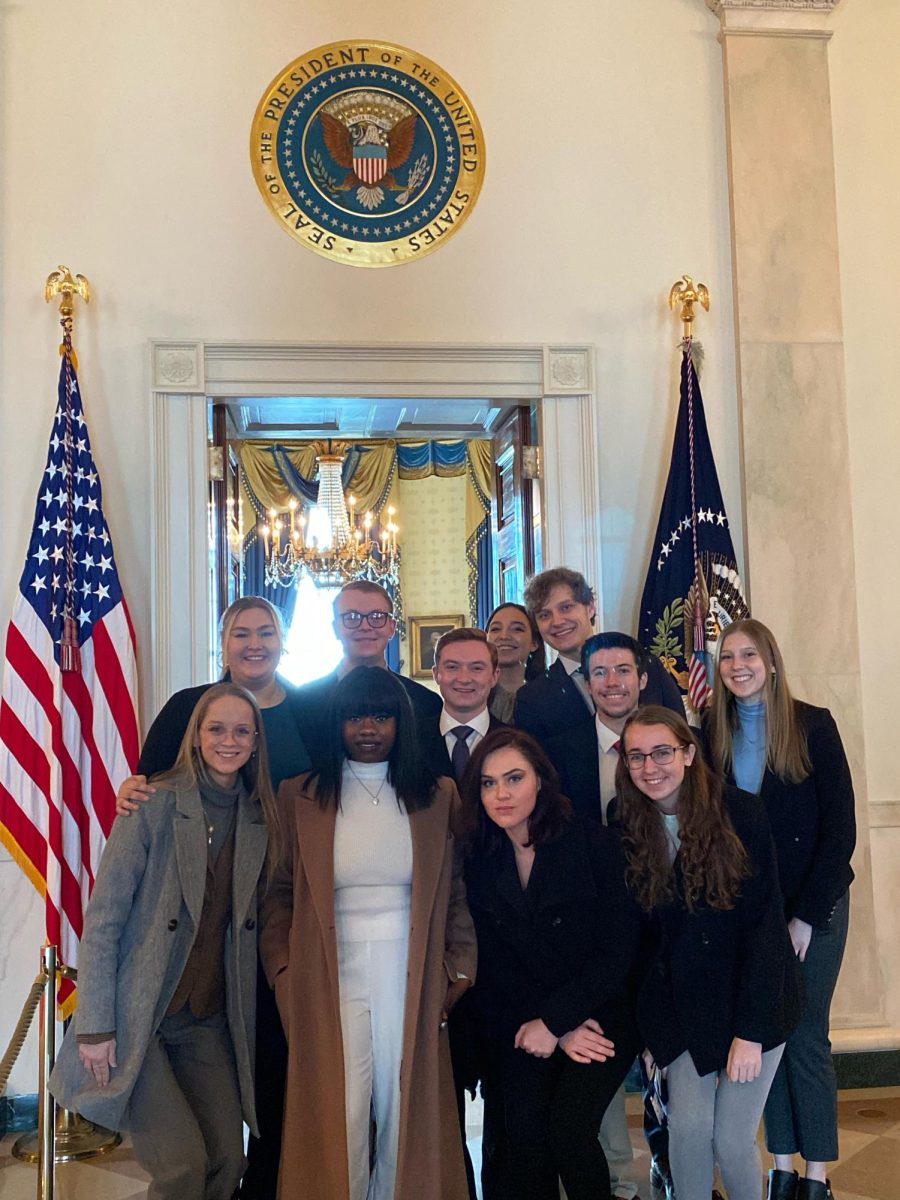Column by Taylor Soule
 “I don’t want to be a teacher.”
“I don’t want to be a teacher.”
I repeated and perfected the phrase in time, mastering its companion head-shake and emphasis on the “don’t.”
There are four generations of teachers on my mother’s side of the Soule clan, and the moment I realized my passion for writing, I broke the news.
Thanks to The Times-Delphic, though, I later realized that as an editor, I’m also a teacher. As I teach the TD staff lessons in collaboration, editing and writing, I’m learning personal lessons in patience and control.
As the repetition of “ing” denotes, it’s an ongoing process.
In just eight issues as editor-in-chief (EIC), I’ve failed and succeeded in the quest to teach the staff headline writing and Adobe InDesign, among other elements of TD production. Amid that shaky start, I’m proud I was able to admit and identify my lapses as a teacher.
For instance, ordering first-time editors to increase the leading in a headline has little impact until I teach them what leading is (the space between lines of text) and why it’s useful (adequate spacing improves the reader experience).
In the teacher element of editing, I’ve also learned a lesson in patience — a trait I notoriously lack. The EIC role encompasses a medley of responsibilities, but I’ve realized it’s important to desert my to-do list, even mid-task, to teach a skill a click at a time.
Albeit tempted to accelerate the task with a, “Just let me do it,” I’ve learned to promote independence and direct — not dictate — the process. For an impatient ‘helicopter editor-in-chief’ (I admit it, I hover), it’s difficult to cede control.
At a student-run paper like the TD, opportunities to teach and learn are endless. The challenge is recognizing and capitalizing on them.
An edit on the page (in the Taylor trademark of neon-pink Sharpie, of course) isn’t a chance to say, “You’re wrong,” but a chance to clarify the correction and prevent it in future editions.
I’ve had to rethink my approach to clarifying edits. At first, my clarification ended at “because that’s our policy” or, “That’s how we’ve always done it.”
I’ve learned to explain edits with reporting principles in mind. I try to clarify and defend my edits with an AP Stylebook reference or a search in the dictionary, for instance.
If I require the other editors and staff writers to explain where they got their information, it’s my responsibility to reciprocate.
Despite early leaps in my dual role as teacher and editor, I still find myself saying, “It’s ‘than,’ not ‘then,’” and, “Add a verb to that headline,” without ample — or, I admit, any — explanation, at times.
As I said earlier, emphasis on the “ing.” It’s an ongoing process.
Soule is a junior English and news-internet double major and can be reached at [email protected]






